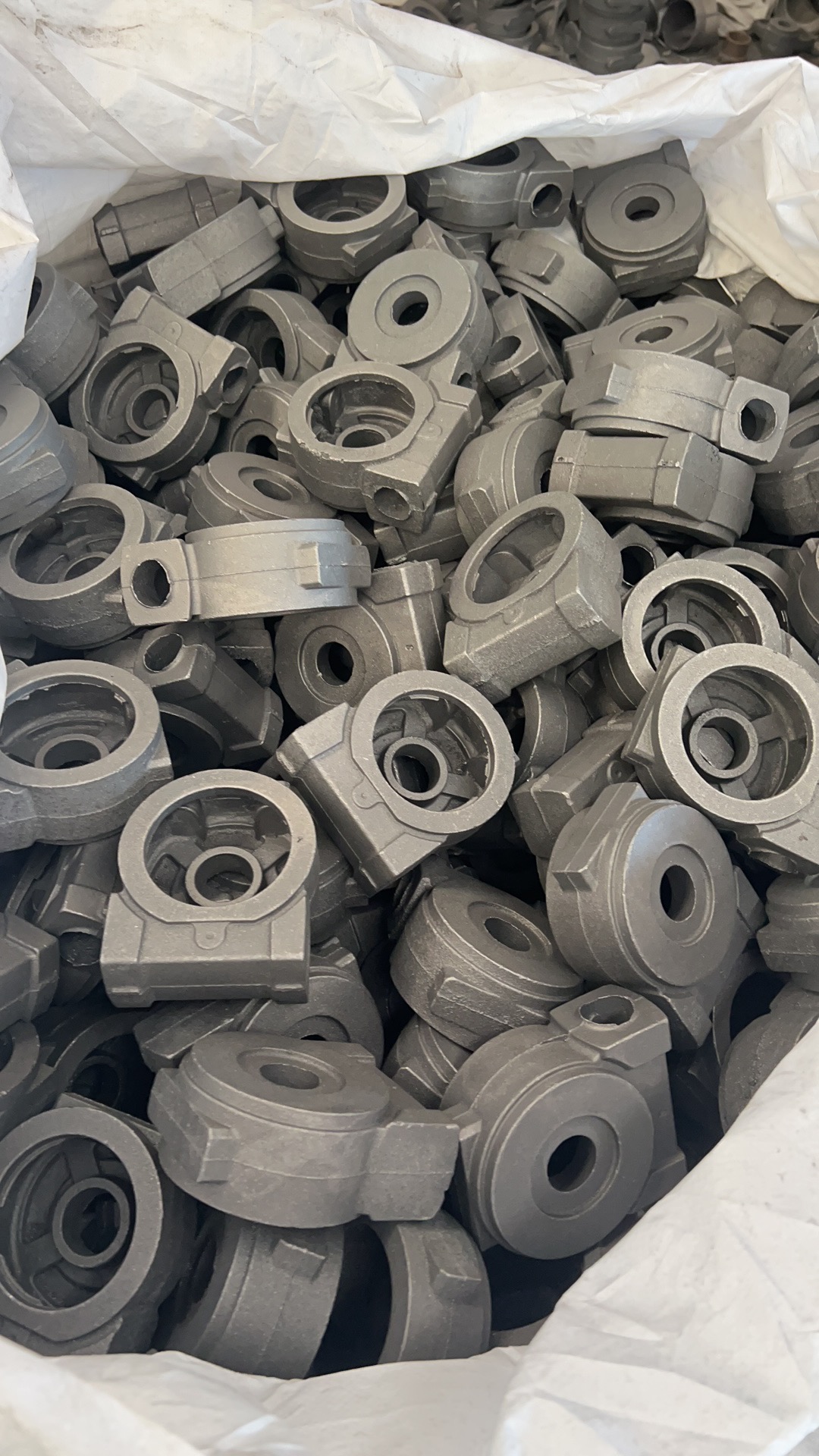- Afrikaans
- Albanian
- Amharic
- Arabic
- Armenian
- Azerbaijani
- Basque
- Belarusian
- Bengali
- Bosnian
- Bulgarian
- Catalan
- Cebuano
- China
- China (Taiwan)
- Corsican
- Croatian
- Czech
- Danish
- Dutch
- English
- Esperanto
- Estonian
- Finnish
- French
- Frisian
- Galician
- Georgian
- German
- Greek
- Gujarati
- Haitian Creole
- hausa
- hawaiian
- Hebrew
- Hindi
- Miao
- Hungarian
- Icelandic
- igbo
- Indonesian
- irish
- Italian
- Japanese
- Javanese
- Kannada
- kazakh
- Khmer
- Rwandese
- Korean
- Kurdish
- Kyrgyz
- Lao
- Latin
- Latvian
- Lithuanian
- Luxembourgish
- Macedonian
- Malgashi
- Malay
- Malayalam
- Maltese
- Maori
- Marathi
- Mongolian
- Myanmar
- Nepali
- Norwegian
- Norwegian
- Occitan
- Pashto
- Persian
- Polish
- Portuguese
- Punjabi
- Romanian
- Russian
- Samoan
- Scottish Gaelic
- Serbian
- Sesotho
- Shona
- Sindhi
- Sinhala
- Slovak
- Slovenian
- Somali
- Spanish
- Sundanese
- Swahili
- Swedish
- Tagalog
- Tajik
- Tamil
- Tatar
- Telugu
- Thai
- Turkish
- Turkmen
- Ukrainian
- Urdu
- Uighur
- Uzbek
- Vietnamese
- Welsh
- Bantu
- Yiddish
- Yoruba
- Zulu
Sep . 30, 2024 11:03 Back to list
Exploring the Benefits of Diecast Aluminum Alloys in Modern Manufacturing Applications
Exploring the Advantages of Diecast Aluminum Alloy
In the world of manufacturing and product design, material selection is critical for achieving desired performance, durability, and aesthetic appeal. One material that has gained significant popularity in various industries is diecast aluminum alloy. Known for its excellent mechanical properties, lightweight nature, and versatility, diecast aluminum alloy is a favored choice in the production of complex shapes and intricate designs. This article delves into the advantages of diecast aluminum alloy and its applications across different sectors.
What is Diecast Aluminum Alloy?
Diecast aluminum alloy is a type of aluminum alloy that is malleable and can be shaped into a variety of forms through the die casting process. This process involves forcing molten aluminum into a mold under high pressure, allowing for the creation of intricate designs with a high degree of precision. The typical alloys used in die casting include A380, A383, and A356, each of which offers unique properties suited for specific applications.
Advantages of Diecast Aluminum Alloy
1. Lightweight Characteristics One of the most significant advantages of diecast aluminum alloy is its lightweight nature. Aluminum is less dense compared to other metals, making it an ideal choice for applications where weight reduction is essential, such as in the automotive and aerospace industries. Lower weight contributes to increased fuel efficiency and performance, making vehicles lighter without compromising strength.
2. High Strength-to-Weight Ratio Despite its lightweight properties, diecast aluminum alloy offers a remarkable strength-to-weight ratio. This means that components made from diecast aluminum can withstand substantial stresses and loads while remaining lightweight. This characteristic is crucial in industries where structural integrity is paramount, such as in machinery, automotive parts, and consumer electronics.
3. Corrosion Resistance Aluminum naturally develops a protective oxide layer when exposed to air, which helps resist corrosion. This intrinsic property makes diecast aluminum alloys suitable for outdoor and marine applications, where components are subjected to harsh environmental conditions. Products made from diecast aluminum alloy require less maintenance when it comes to corrosion protection, leading to lower overall costs.
diecast aluminum alloy

4. Aesthetic Versatility Diecast aluminum alloys can be finished in various ways, including painting, anodizing, and powder coating, which enhances the aesthetic appeal of products. This versatility enables designers to create visually appealing components that meet the branding and stylistic requirements of their customers while ensuring durability and longevity.
5. Complex Shapes and Designs The die casting process allows for the production of intricate shapes and complex geometries that would be challenging to achieve using traditional manufacturing methods. This capability opens up new possibilities for product innovation and design, enabling manufacturers to create bespoke components tailored to specific needs.
6. Cost-effectiveness While the initial tooling and setup costs for die casting may be higher than some other manufacturing methods, the process is highly efficient for large production runs. The rapid cycle times and reduced waste make diecast aluminum alloys a cost-effective choice for high-volume production, ultimately lowering the per-unit cost.
Applications of Diecast Aluminum Alloy
Diecast aluminum alloys find applications in various sectors due to their advantageous properties. In the automotive industry, components such as engine blocks, transmission cases, and structural parts are commonly made from diecast aluminum. The aerospace sector leverages these alloys for aircraft components where weight and strength are critical. Additionally, consumer electronics housing, industrial machinery parts, and decorative items also utilize diecast aluminum alloys for their aesthetic and functional advantages.
Conclusion
Diecast aluminum alloy stands out as a material of choice in modern manufacturing, merging functionality with design flexibility. Its unique combination of lightweight nature, high strength-to-weight ratio, corrosion resistance, and aesthetic versatility makes it suitable for a wide array of applications. As industries continue to prioritize efficiency, performance, and sustainability, the demand and reliance on diecast aluminum alloys are expected to grow, paving the way for innovations in product design and manufacturing processes. Whether in automotive, aerospace, or consumer products, diecast aluminum alloys are poised to play a vital role in shaping the future of material engineering.
-
Premium Cast Iron Water Main Pipe: Durable, Corrosion-Resistant
NewsAug.03,2025
-
Durable Cast Iron Water Mains | AI-Optimized Systems
NewsAug.02,2025
-
High-Efficiency Propane Boiler for Baseboard Heat | Save Energy
NewsAug.01,2025
-
Premium Source Suppliers for Various Gray Iron Castings
NewsJul.31,2025
-
Durable Cast Iron Water Main Pipes | Long-Lasting
NewsJul.31,2025
-
High-Quality Cast Iron Water Main Pipe for Durable Infrastructure
NewsJul.30,2025


